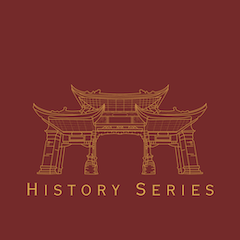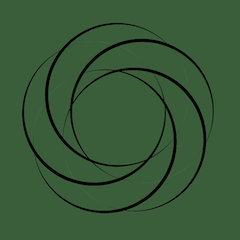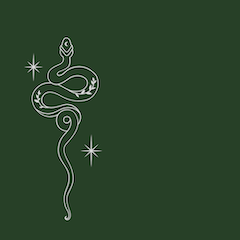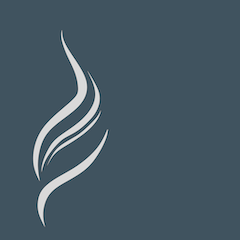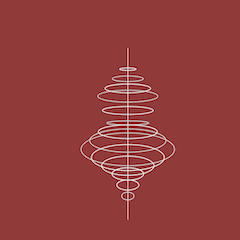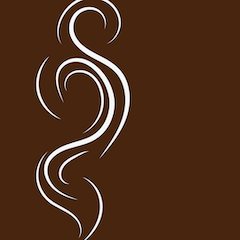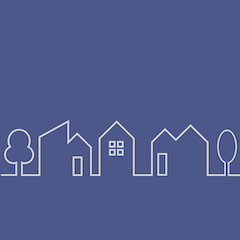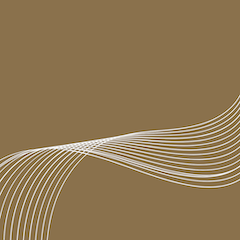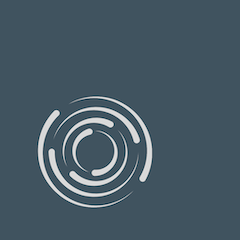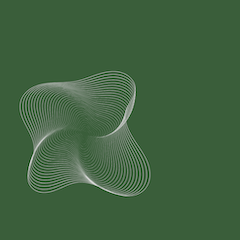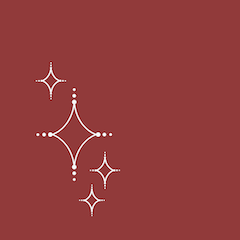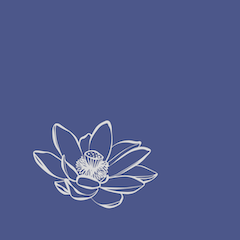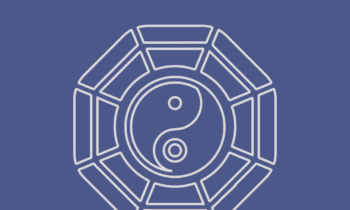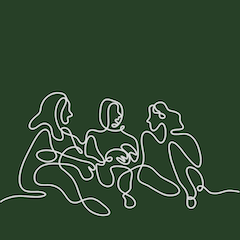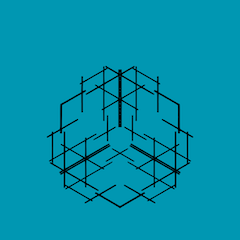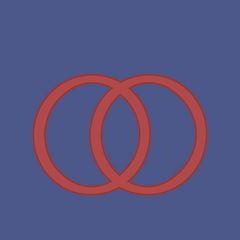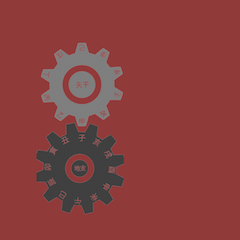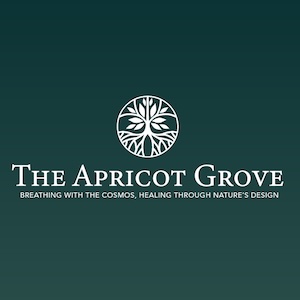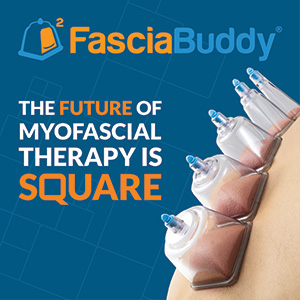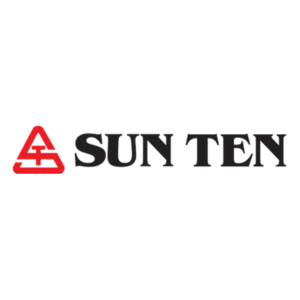414 History Series, From Ideals to Institutions—The Making of a Profession • Sibyl Coldham
In the early 80’s as acupuncture was emerging into the mainstream culture in the West, it developed differently in response to the established medical and educational systems already in place.
In the USA there was no national health service, while in the UK, that was a pillar of the socio-political landscape.
Sybil Coldham was not a practitioner of acupuncture, instead she was involved with the education of acupuncturists and found herself in the center of cultural and political forces that had and have, an influence on the profession. She’s the focus of a documentary that was discussed in episode 363 Acupuncture’s Journey to the West.
Listen into this discussion about building standards from scratch, pushing back against guru culture, the politics of legitimacy, and how Chinese medicine has both struggled with and resisted being absorbed by mainstream systems.
read moreSubscribe To This Podcast In Your Favourite Player
394 Befriending Uncertainty • Stephen Cowan
Transformation arises from the unknown. In a world that often craves certainty, the practice of staying with discomfort, observing its rhythm, and allowing clarity to emerge can lead to remarkable insights—not just in healing, but in how we live.
In this conversation with Stephen Cowan, we explore how the art of not-knowing-yet invites discovery. Stephen shares his journey from Western medicine to the integrative, emergent practices of Chinese medicine, where curiosity and connection form the foundation of healing.
Listen into this discussion as we delve into the maps of Chinese medicine that guide us through uncertainty, the role of storytelling and connection in clinical practice, the rhythm of emotions and their impact on health, and how integrating presence and curiosity can transform both patients and practitioners.
read more393 Year of the Snake: Form is Emptiness, Emptiness is Form • Gregory Done
It’s the subtler forces—those quietly felt but not perceived—that create the background that frames our days with a tone that is both transparent and influential. The shifting energies of a new year are a slack tide of opportunity to pause and reflect. To consider directions for where to invest our life energy in the coming year.
Listen into this discussion as we explore the symbolism of the wood snake, the balance between action and stillness, the transformative power of introspection, and how understanding the year’s energy can inform personal and collective growth.
Gregory’s reflections remind us of the profound lessons embedded in the natural cycles of life. It’s a timely conversation about embracing quietude, finding clarity, and aligning with the unique, and perhaps unsettling capacity to see in the emptiness of mind and social agreements in the coming year.
read more392 Igniting Wellness- The Power of Moxa • Merlin Young & Oran Kivity
Moxa is often seen as acupuncture’s quieter sibling, and yet it has a rich history of igniting healing, longevity, and vitality. Its warmth goes beyond the physical—it has a profound effect on our physiology.
In this conversation with Oran Kivity and Merlin Young, we delve into the often overlooked art and science of moxa. While its roots are in traditional East Asian medicine there is some interesting research that suggests it has a role in modern health interventions in terms of treating pain.
Listen into this discussion as we explore the surprising science behind moxa’s effectiveness, the idea and use of moxa as a people’s medicine, its potential for addressing chronic conditions, and the role it can play in fostering community health.
read more391 Meditations on Saam • Evan Mahoney
Sometimes the most profound truths are found in watching what happens when we move between guidance and control. Between letting things unfold and imposing our will.
Evan Mahoney brings a rich tapestry of experience to our discussion, from his own journey of healing through meditation and acupuncture to his explorations of dream interpretation through the lens of Korean Saam acupuncture. His path has been illuminated through serendipity, necessity, and years of dedicated study with Dr. Tae Cheong Choo.
Listen in to this discussion on the three levels of human needs in Saam acupuncture, how dreams reveal our constitutional patterns, and why an acupuncturist’s learning curve sometimes involves discovering what not to do.
read more390 Acupuncture at a Crossroads • Robert Hoffman
Change is usually a tangle of both challenges and opportunities. The landscape of acupuncture has been shifting, from the health of our schools to the growing acceptance of our medicine in larger healthcare systems. These transitions ask us to reflect, adapt, and discover new ways to thrive.
In this conversation with Robert Hoffman, acupuncturist, educator, and administrator, we explore the crossroads our profession is facing.
Listen into this discussion as we unpack the struggles facing acupuncture schools, the rise of integrative and institutional opportunities, the demographic shifts in students, and the adaptability required to navigate this ever-changing profession.
read more389 History Series, Counterculture to Classics • Bob Felt
For centuries books have been part of the transmission of knowledge from one generation to another. They have always been powerful tools for learning. Especially in the early days of Chinese medicine in the West, because of their rarity.
In this conversation with Bob Felt, one of the early publishers of Chinese medicine books in English, we take a journey back to a time when books on acupuncture were scarce, but curiosity and commitment were steadily increasing. Bob shares his story that began in the counterculture movement of the 1960s and that revolutionary spirit fueled a career that helped to bring important texts from the treasury of Chinese medicine into English.
read more388 Practicing in Small Town America • Katie Munger
Ever notice how certain places and connections shape us in unexpected ways? Sometimes, it’s the unique character of a small town, the rhythm of a rural life, that offers opportunities you won’t find in an urban environment. It’s here where time flows a bit differently that relationships and healing move to a different cadence.
In this conversation with Katie Munger, we wander through her journey of building a practice in a small town, where her work has become woven into the fabric of the community. With over 20 years of experience, Katie reflects on how her practice and the relationships she’s cultivated have shaped her as much as she has shaped them.
Listen into this discussion as we explore the unique challenges and rewards of rural practice, the importance of being fully present with patients, the power of hands-on listening, and the challenge of following your heart, even when the path isn’t clear.
read more387 Discovering the Essential • Philippe Vandenabeele
There is something in the essence of a practice. At the core is something precious, true and fundamental. We all have it. But you probably don’t know what it is, and you won’t until many years down the road of pursuing the work.
Curious that what is of essence, what is at the core of our work, is hidden from us.
It’s a journey of discovery to that which is the north star of how we work as an expression of who we are.
In this conversation with Philippe Vandenabelle we explore the “book we read again and again,” the aspects of our work that are essential to how we practice that slowly emerges over time.
read more386 Nei Jing Acupuncture, Encountering the Empty Spaces • David White
Ever think about how much of what we do as healers is more about what we don’t do? Sometimes, it’s in the subtle pauses, the empty spaces, where the real magic happens. What if the art of doing less is actually the key to unlocking profound change in the body?
In this conversation with David White we immerse ourselves into the world of Nei Jing acupuncture. With decades of experience and a passion for classical Chinese texts, David has honed a unique approach to acupuncture, one that’s rooted in precision, intention, and an unshakeable respect for the unseen forces at play in the body.
Listen into this discussion as we explore acupuncture as a tool of communication, the hidden power of empty spaces, the art of needling with precise intention, and why sometimes the most effective treatments are the simplest. Along with how the Nei Jing can guide us, both practically and philosophically.
read more385 Rope Flow • David Weck
Did you ever as a child grab a length of rope, run screaming around the yard and swing it around with abandon and joy?
Sometimes, the most unassuming tools hold the greatest potential for transformation. Rope flow might look like play, but beneath the surface lies a practice that can unlock balance, coordination, and deeper mind-body connection.
In this conversation with David Weck, the Godfather of Rope Flow and a mad scientist in functional movement we’ll discuss body and movement. How simple, dynamic practices can improve not only physical performance but also neurological integration and proprioception. His approach blends creativity, science, and connects up with Chinese medicine in some surprising ways.
That Mind/Body thing we are always going on about, we take it to the playground.
read more384 History Series, The True Chinese Medicine is Practiced in Different Ways • Volker Scheid
How did you learn the medicine you practice? Likely it through the influence of a school, a book or perhaps in this modern moment, an on-demand course of online study. There is another way that medicine gets transmitted, through the connections of friendship.
I’d not thought about that until Volker Scheid mentioned it in this History Series conversation. Once I heard it, it rang true. and I could easily look back through the years and see so many moments of having my eyes opened to something about our healing trade that came to me through the connection of friendship.
Listen into this conversation on the role of the German enlightenment on holistic medicine, the paths a good question will take you down, and how a head cold can lead to an unexpected connection with Meng He doctors and their surprising influence on the medicine you learned in school.
read more383 Touching the Invisible • Chris McAlister
There’s something about the act of touch that goes beyond the physical, isn’t there? It’s like we’re not just meeting someone at their skin but somehow dipping into the unseen—into emotions, memories, and layers that words can’t quite reach. What happens when we listen with our hands instead of our ears? This episode has me pondering all that and more.
The guest of this episode, Chris McAlister, us an acupuncturist and shiatsu practitioner who’s been exploring the art of presence and connection for years. He’s inquisitive about how the practical meets the mystical, constantly seeking ways to blend tradition with modern insight, and helping people discover parts of themselves they didn’t even know were there. From his experiences in Tibet to decades of teaching, Chris brings curiosity, exploration, and a touch of rebellion to the table.
read more382 Reconsidering Ren One • Orit Zilberman & Hila Yaffe
When thinking about our toolkit, most acupuncturists, and patients too for that matter, think about needles. Our job, it’s to use those whisper thin slivers of steel with skill and accuracy. But sometimes the best tool for the job might not be a needle.
In this conversation with Orit Zilberman and Hila Yaffee we consider the use of Hui Yin, Ren One.
For sure this point it’s important and there are challenges to using and learning to use this influential meeting of yin.
Listen into this discussion on both the trauma and healing that can result from working with Ren One, how our own image of what it means to be a doctor can influence how we think about working with this point, and some non-needle ways to powerfully unlock the capacity for healing at the Meeting of Yin.
read more381 Daoist Medicine, Ritual and Talisman • Lindsey Wei
Ever wonder about the unseen forces that shape health and illness? Sometimes it’s the things we can’t measure that hold the most sway. Healing isn’t always about what we see, but what we’re willing to explore.
In this episode, we sit down with Lindsey Wei, a practitioner deeply rooted in the world of Daoist medicine. She has spent years blending the physical practices of qigong and martial arts with the mystical art of talismans, incantations, and ritual healing. She brings a unique perspective on what it means to heal both the body and spirit.
There’s more here than meets the eye, as we explore the boundaries between science and spirit, logic and mystery—and how these might be a little more porous than you realize.
read more380 History Series, Building Bridges with Modern Healthcare • Bill Egloff
Being in business is not just about tracking the financial health of your enterprise. It is about having a mission worth engaging, a kind of fire in the belly that fuels you through the difficult parts, and a sense for working at the edge of your capacity.
Having a business and all that goes with it, it gives you the opportunity to grow into potentials you can only dream about in the middle of a difficult night.
Our guest in this History Series conversation, Bill Egloff has been helping patients and practitioners for a long time with the products and services he’s provided over the years. It’s a long road from running a natural foods store to collaborating with Sloan Kettering on cancer patients.
read more379 The Art of Inquiry • Vance Crowe
In acupuncture school we learn the 10 questions, which will get you some information. But it’s more interrogative than rapport building, more about eliciting information than revealing meaning.
Listening with a mindset of noticing the small anomalies. Listening to understand someone from their own point of view. To be inquisitive about how the difficulties might hold unrevealed lessons, and how troubles are lessons in progress.
It’s more than having an unfettered sense of curiosity, there’s something else that goes into it.
In this conversation with Vance Crowe we explore the transformative potential of conversations that invite the stories that haven’t had an audience. Like many of us, Vance did not set out to do what he does. It found him.
read more378 The Sixth Element • Slate Burris
We have the two of yin and yang, the three of the jing, qi, shen, the four levels of pathogenic invasion from the Wen Bing, the Five Phases of the Wu Xing and the Six Elements— wait a minute, Six Elements?
Have you ever wondered why the Classics speak to the Five Zang and Six Fu? Especially when we have an equal balance of yin and yang meridians. And what is going on with those two troublesome organs, the Triple Burner and Pericardium that have a “function” but no form? Furthermore, have ever wondered how it is that Fire gets four organs, but all the other elements only two?
Our guest in this conversation Slate Burris had those questions as well. He’s an inquisitive guy, so he went looking. What he found is surprising, and once pointed out— a bit obvious as well.
read more377 Constitution and Condition • Peter Eckman
In our work as acupuncturists, we use differential diagnosis to understand the warp and woof of a patient’s problem, to see how various seemingly marginally connected aspects of their problem give us the pattern that allows for skillful intervention. We also look at constitutional factors, those aspects of our patients that provide a kind of gravity and centering to their life and how they live it.
Both aspects need our consideration in clinical practice.
In this conversation with Peter Eckman we discuss the differences between a person’s constitution and their condition. Both give us a handle on working with people, but these are very different aspects of our make up.
How are they different? And how to approach work with these? Listen in, there’s a lot to discuss.
read more376 Ba Zi- Revealing the Influences of Character • Howard Chen
We are encoded beings. There is a song that plays out through the patterning of our DNA. We are influenced by the tides of culture, family and peers. And there is a great turning of Stems and Branches that leaves an imprint on our mind/body as we...
read more375 History Series, A Love Affair with Herbs • Cara Frank
In this History Series episode we time-travel with the vivacious Cara Frank. Her story begins in the gritty, creative pulse of 1970s New York City, where as a teenager, she was navigating the counter cultural scene. Her first encounter with acupuncture was anything but ordinary—an illegal treatment that changed her life and set her on the path she travels today.
Cara’s journey is a tapestry woven with threads of rebellion, discovery, and an unquenchable thirst for knowledge. From the scarring moxa treatments of Dr. So, to her worldview changing with the discovery of herbs in a Beijing hospital. Cara’s story is one of exploration and deep connection to the roots of Chinese medicine practice.
Listen in as we explore the alchemy of Cara’s life in Chinese medicine—as she reflects on the influential figures who guided her, her insights into the community’s growth and the importance of mentorship. All with her hardscrabble wisdom, humor, and a dash of New York grit.

